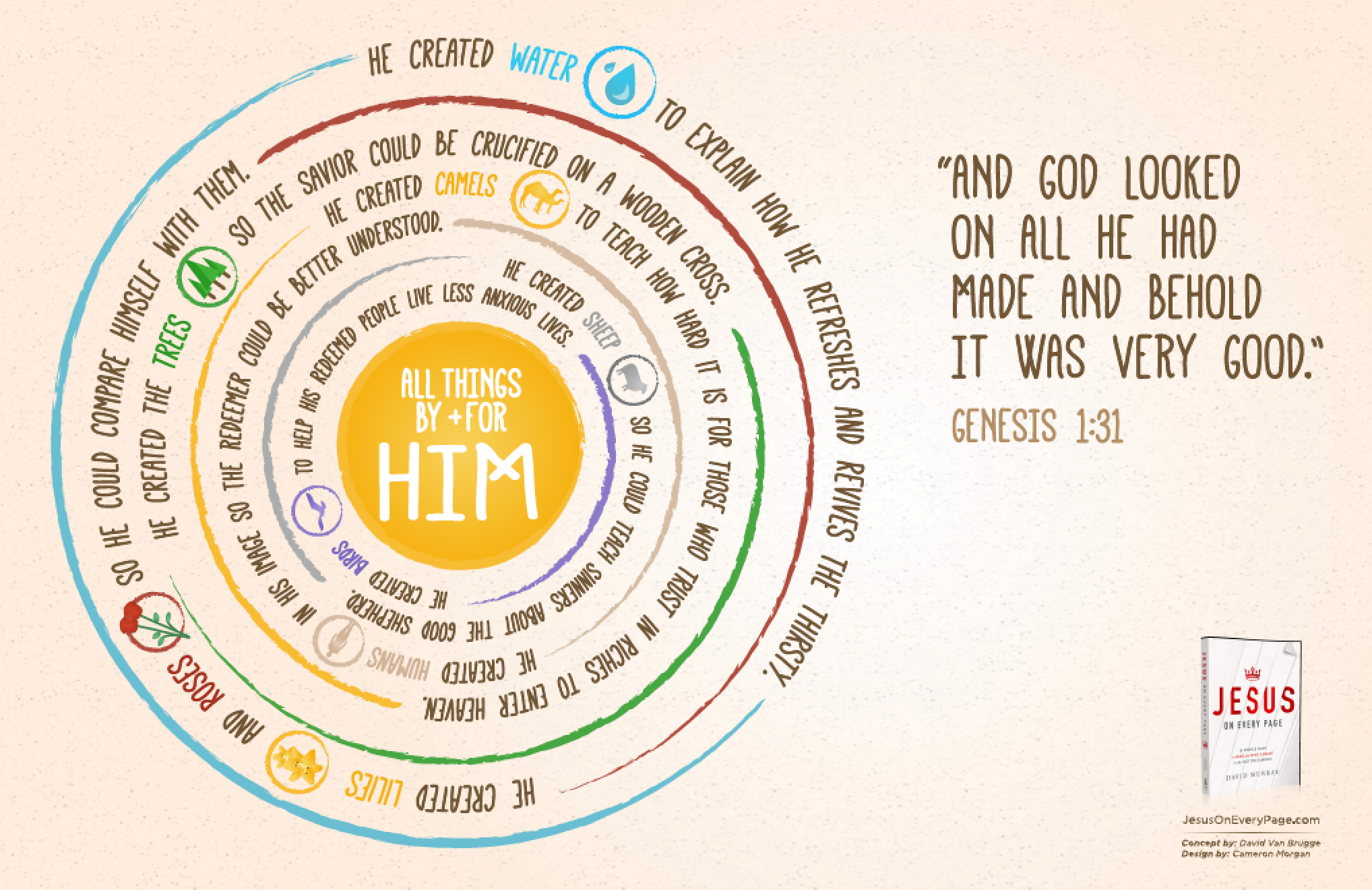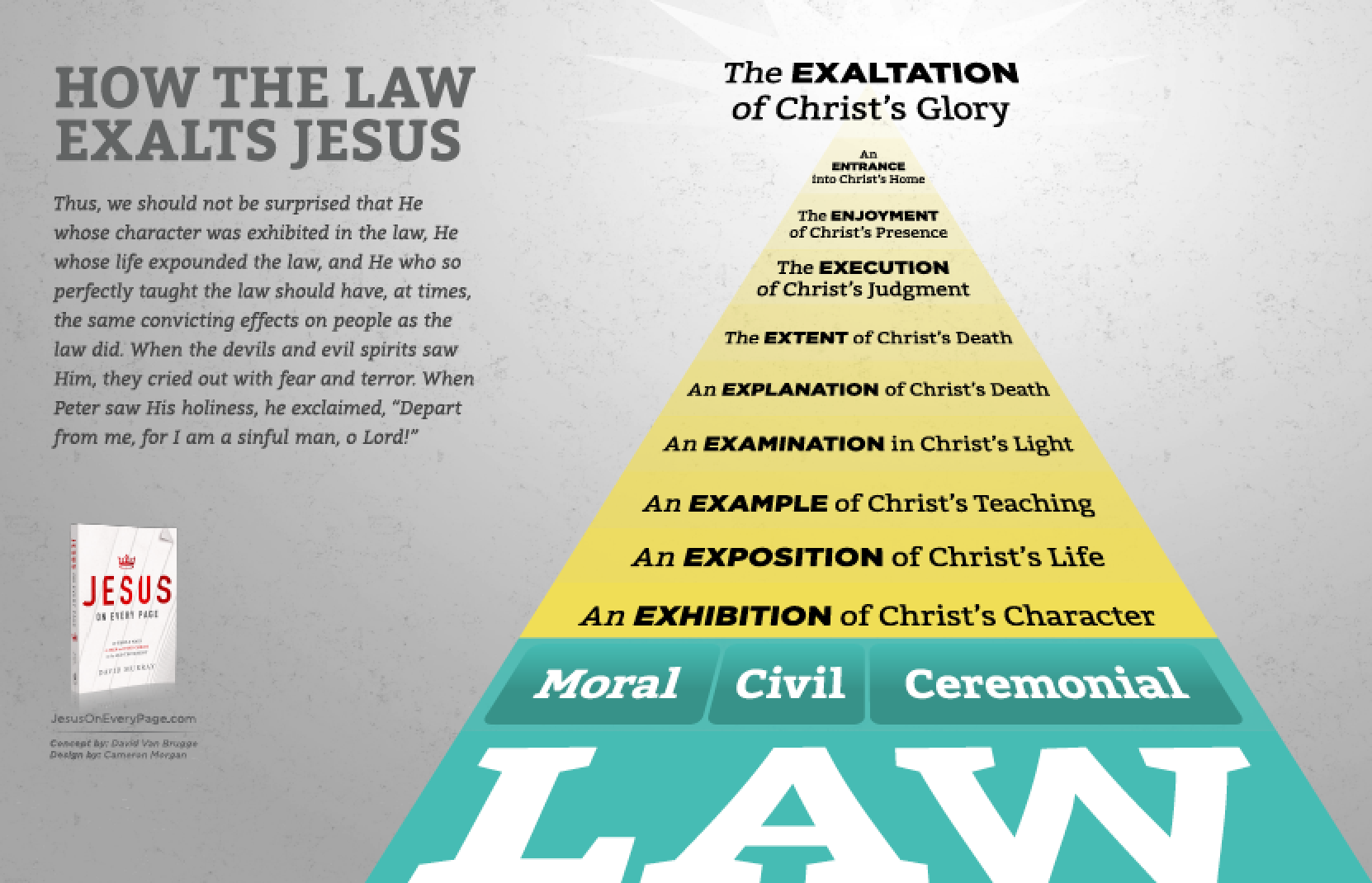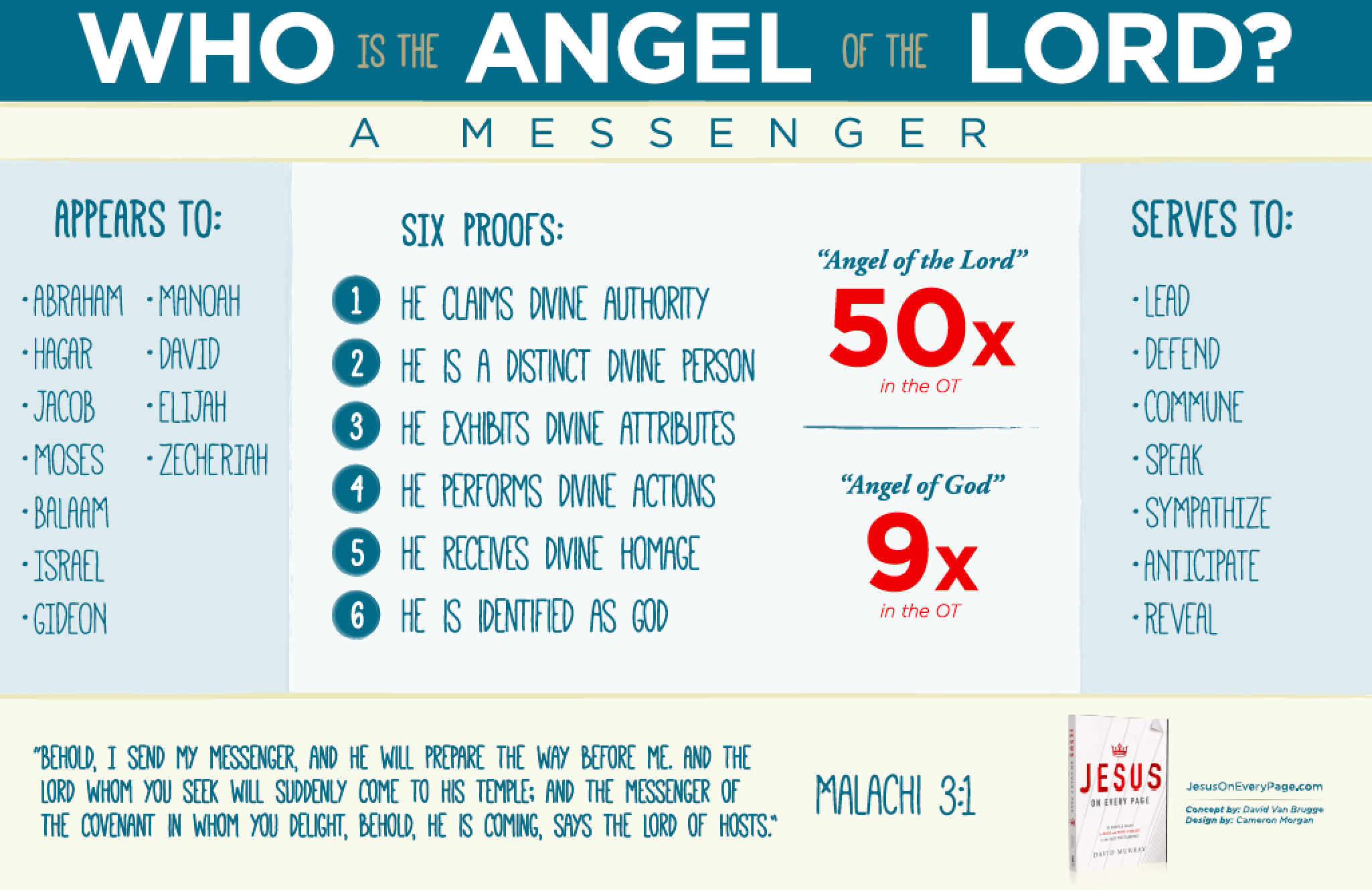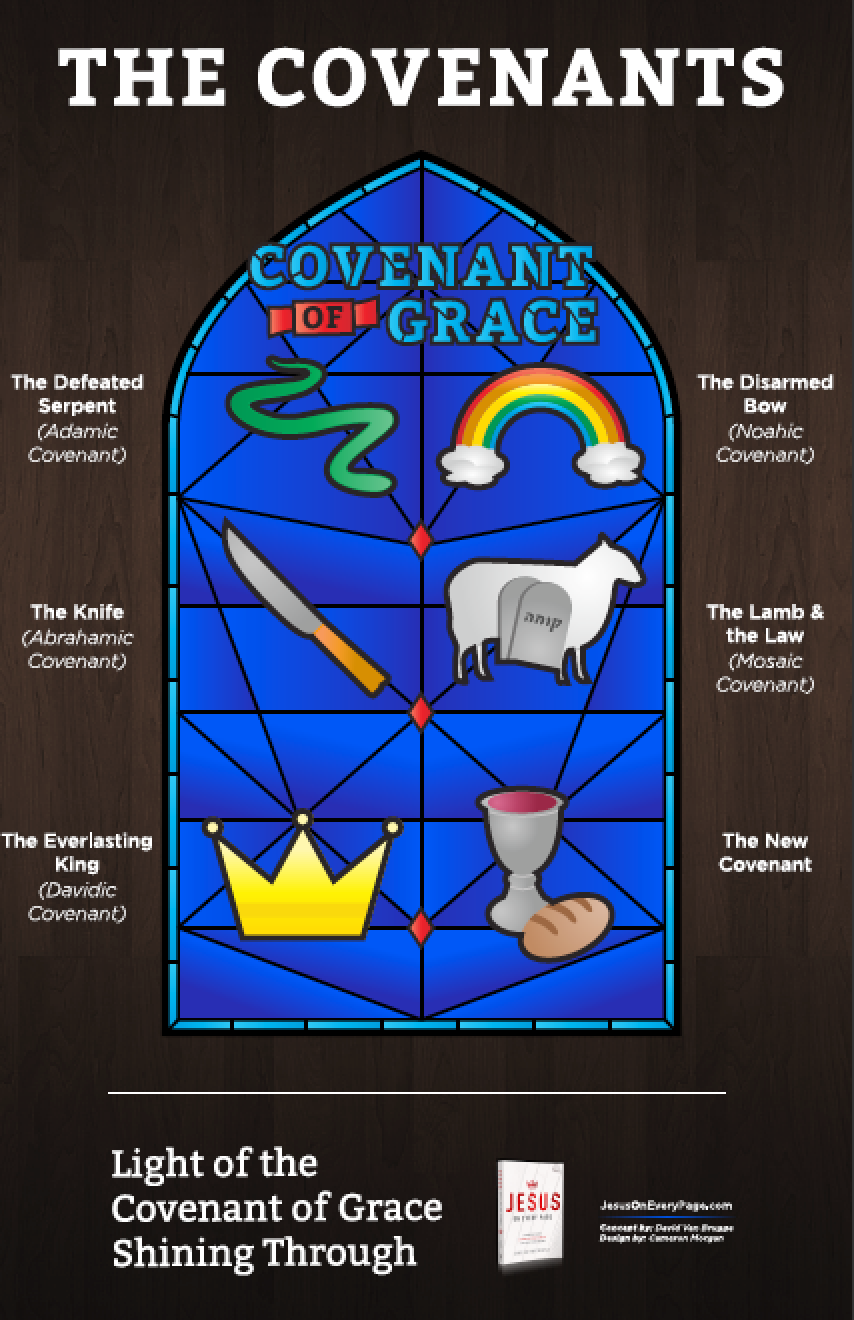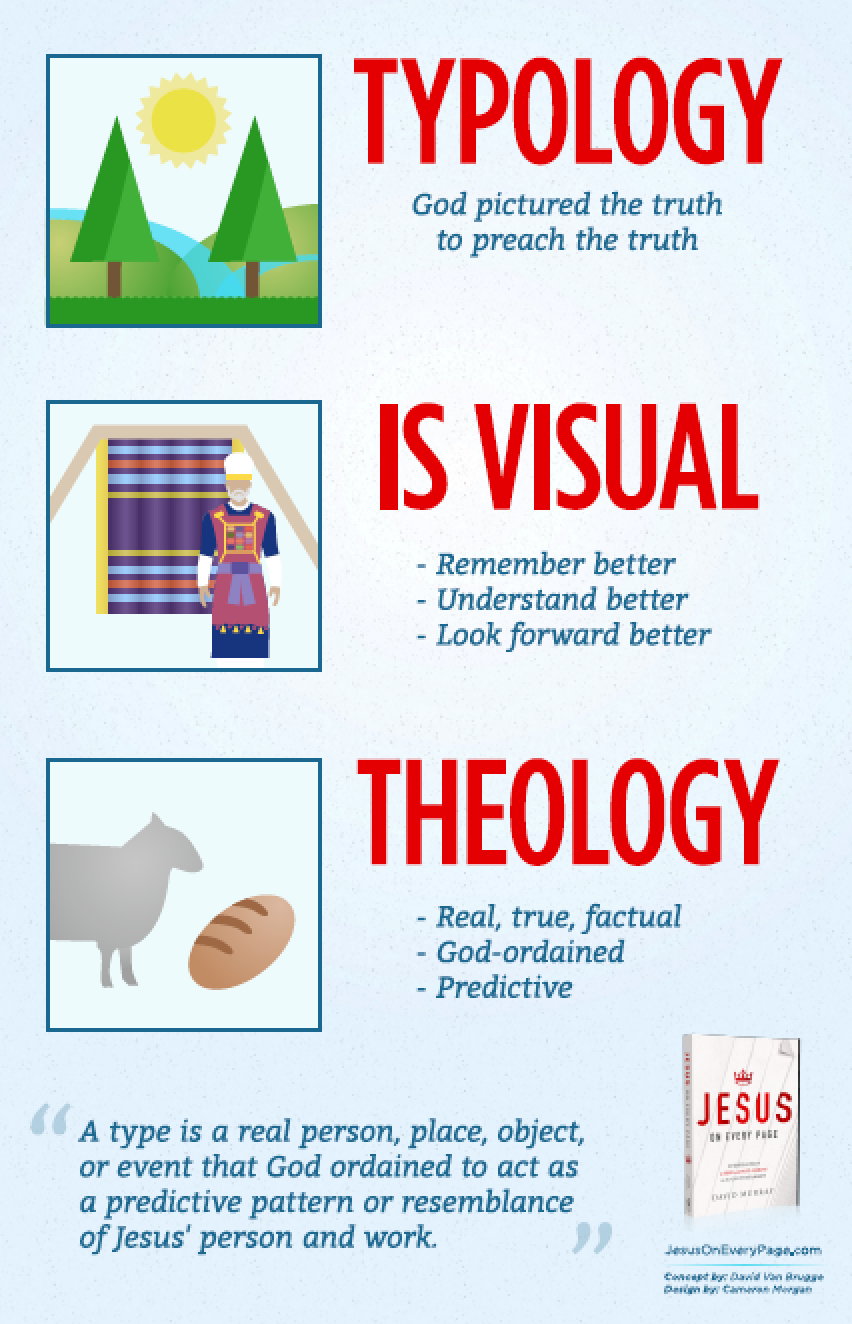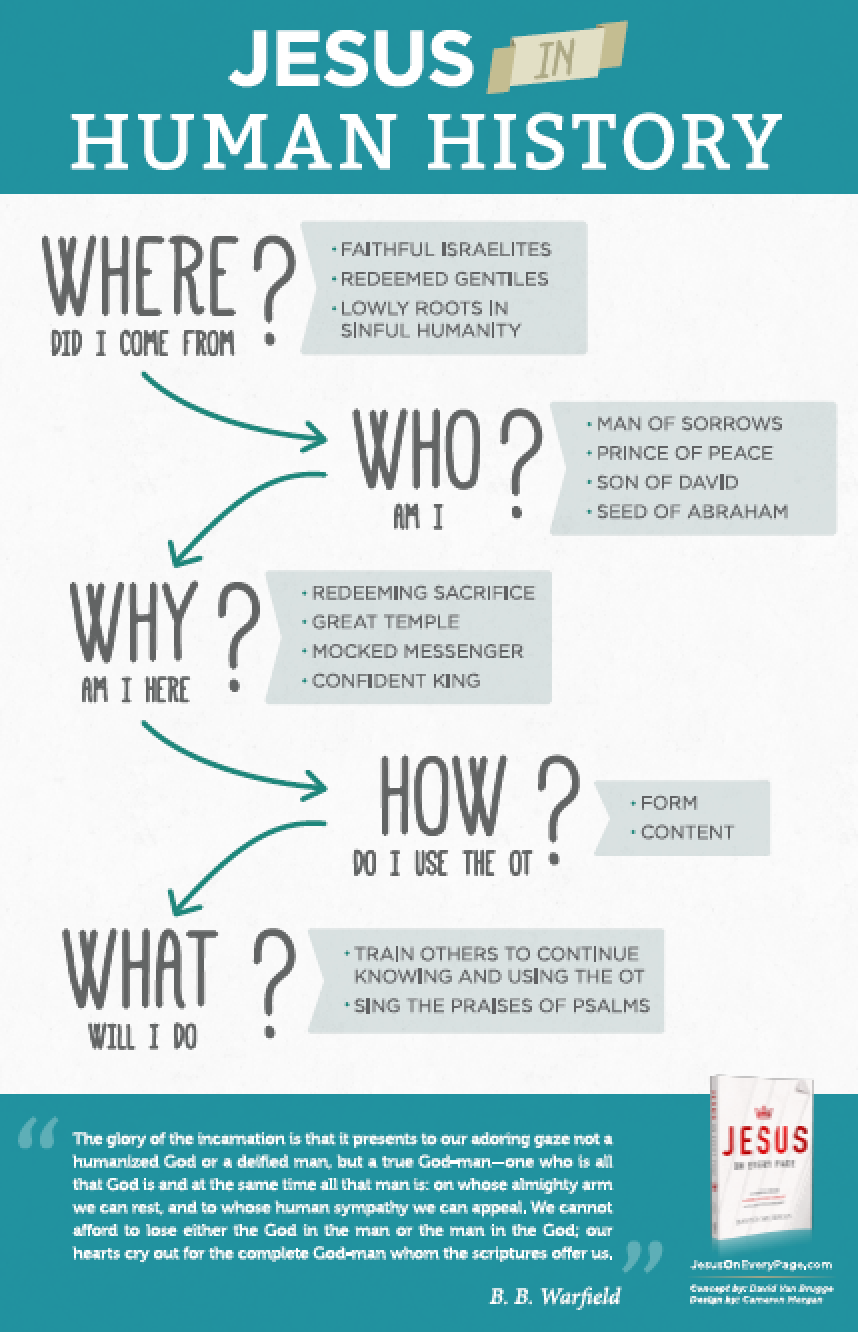If you’d lived during the industrial revolution, you probably wouldn’t have thought, “Oh, wow, this is a revolution.” No, it’s hard for people in the middle of massive changes to make sense of them, to see the bigger picture, to see where all the different bits and pieces are pointing. It’s usually only with hindsight that historians can look back and say, “These were revolutionary times — times of epochal change and radical transformation.”
If the world is spared long enough, I believe that many will look back on these years and say, “That was a revolution. The world was radically and irreversibly transformed in the first 10-15 years of the 21st century.” They will put together all the multiple pieces – 9/11, the Iraq War, Madrid, London, Paris, Syria, Al Qaeda, ISIS, etc., – and see how they all fit together and what a different world picture they created.
But behind these infamous dates, places, and names are deeper forces that have been at work for decades and have now combined to create a perfect hurricane.
Unprecedented mobility. With modern transport – via road, rail, sea, and plane – it has never been easier for people to travel hundreds, even thousands of miles in a relatively short time, relatively unimpeded, and in relative safety. Whether we look at the Mexican border or at Europe this past summer we see the same thing – hundreds of thousands of people in multiple mass movements between nations and even continents.
Borderless nations. In the past, national borders and checkpoints would have made it impossible for people to get into one country from another without a passport or visa. The Mexican border is now more of a gate than a fence. Most European nations boast of being borderless. You can travel from one country to another almost as easily as going to the grocery store. Even when the French “closed” their so-called border on Friday evening, three escaping terrorists waltzed through a checkpoint near the Belgian border and escaped.
Greedy companies. Just as in the USA, large multinationals in Europe are driving greater immigration in their desire to get workers who will accept lower wages and thus increase their profits. Germany’s Chancellor Angela Merkel has spoken of the economic boost that welcoming hundreds of thousands of Syrians will give to their country.
Ambitious politicians. Many politicians want to accelerate immigration and give amnesty to illegal immigrants because they want their future votes and thus increase and extend their power in government.
Political correctness. College campuses, the media, politicians, and the courts have combined to make it almost impossible for moral values, religious beliefs, and ethical conduct to be critiqued. Anything goes apart from saying that anything shouldn’t go. So afraid are the authorities of offending Muslim sensitivities that many Muslim communities in European cities are now no-go areas for police and other state agencies. Even after Friday evening’s atrocities, the Democratic candidates for President refused to use the phrase “radical Islam.”
Smashed nations. Whatever the rights and wrongs of the Iraq war and its mismanaged bloody aftermath, or the the half-hearted and confused military strategies in Libya and Syria, the result is hundreds of utterly destroyed cities – even the destruction of whole civilizations. No wonder we have so many angry young Muslim men. We’re partly responsible for wiping their futures off the map. Their homes, their universities, their businesses, their roads – all lie in ruins. And now we’re welcoming hundreds of thousands of them into Europe and expect them to treat us and our cities with respect?
Crusading Islam. When you put together unprecedented mobility, borderless nations, greedy companies, ambitious politicians, political correctness, moral confusion, and smashed nations you’ve created a wide open goal for an aggressive Islam that wants to conquer the world. There are virtually no obstacles left – no geographical, national, financial, political, or moral barriers – to hinder them.
Mass media. All of the above is now broadcast 24/7 around the world, via mainstream and social media, drawing ever growing tsunamis of undocumented and unknown peoples to Western Europe and North America, with the publicity around successful attacks provoking terrorists to outdo one another in their vile and abhorrent evil.
If such are the causes, what are the solutions? Well, it’s close to impossible to reverse or change what has happened over the past 15 years or so. Like all sin, we know how to start it, but we don’t know where it will end or what will end it.
Even if walls are built and immigration policies enforced, Europe and the USA already harbor thousands of trained and motivated Islamic terrorists and hundreds of thousands of terrorist sympathizers. Greedy companies and ambitious politicians have their extra dollars and extra votes. We have extra blood on the streets, and who knows when it will stop flowing.
Despite their feigned outrage, I don’t see the politicians taking this threat seriously. The same empty speeches about “this is an attack on our values” and “an attack on France is an attack on us all” will continue to be wheeled out after the next city is targeted. And nothing will change.
Muslim clerics in American and Europe will continue to preach hatred against their hosts without fear of punishment. And young men will continue to be radicalized.
Businessmen will get their cheap labor. And life will continue to be cheapened.
Without a widespread spiritual revival, the moral confusion of political correctness will continue to sap conviction, courage, and character from this and following generations. We’ll continue to kill babies faster than they are born while the Muslims will continue to multiply them.
What then can be done? Ceaseless prayer, bold witness, and readiness for eternity.
We must pray to the Sovereign God who still rules over the nations and the religions of the earth. We pray for protection, we pray for the conversion of Muslims through the Gospel of peace. We pray for a new generation of brave and wise leaders. We pray for restraint upon evil-doers and for success in thwarting and defeating them.
We will continue to boldly declare the truth of Christ no matter the intimidation and the threats. We will never stop proclaiming Jesus Christ as the only way to heaven.
And we will get ready for eternity. Thankfully, we can carry guns here in the US, But that’s no substitute for getting ready for eternity. We are living in extremely dangerous days and we and our families must be prepared to meet God no matter when, where, or how that summons comes.
More articles on the Paris attacks here.












